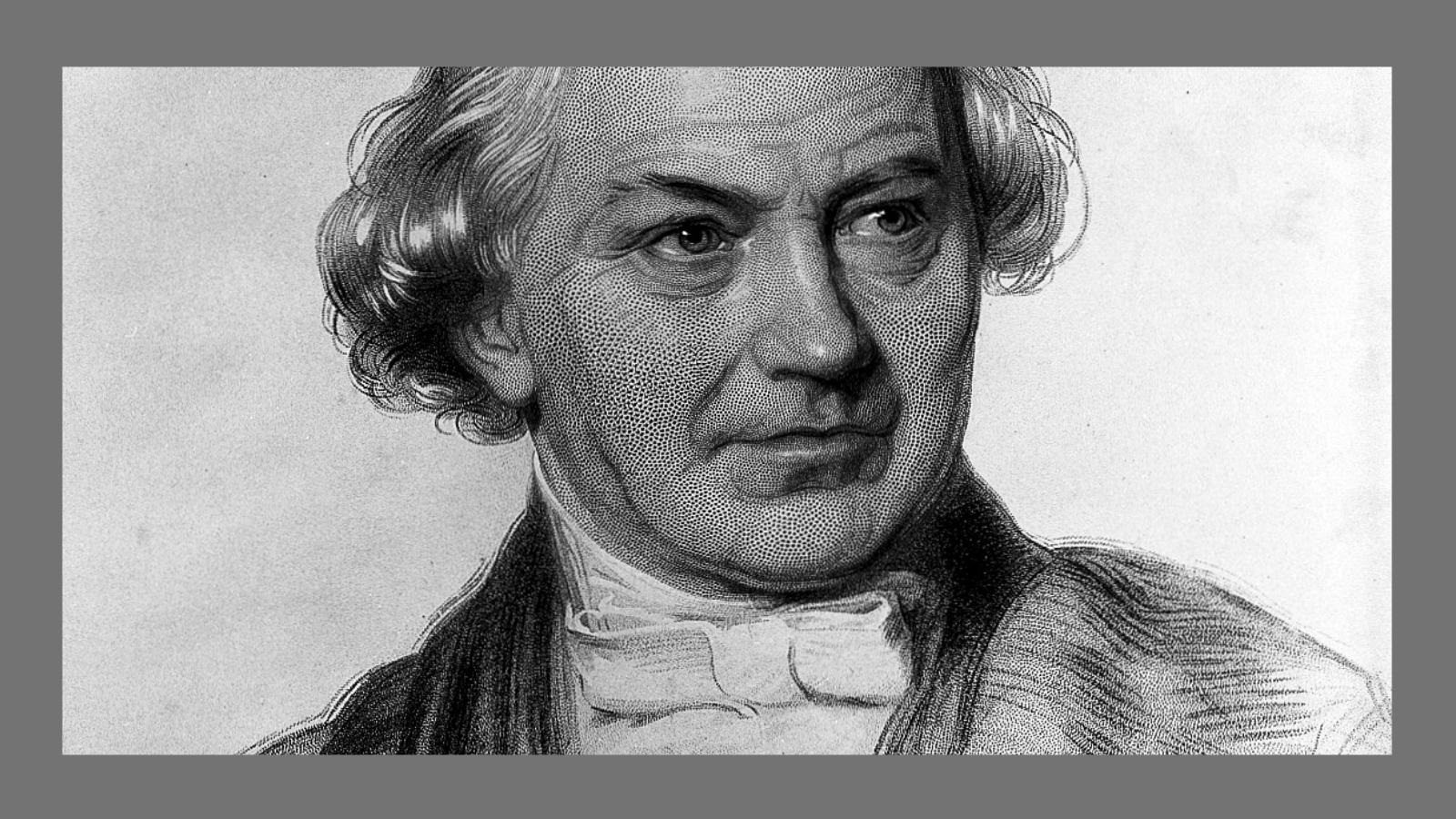

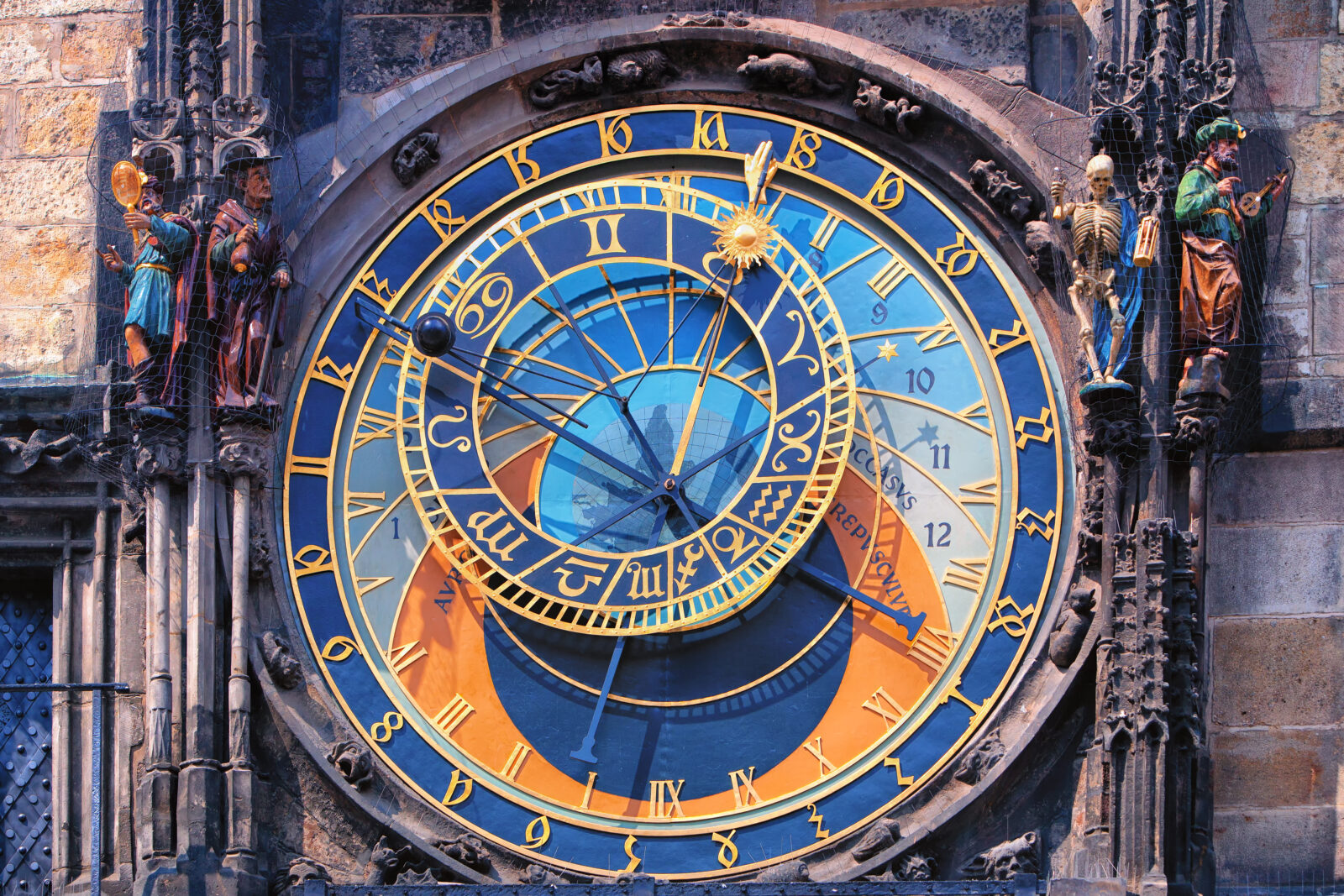
When Natural and Super-Natural Explanations Work Hand in Hand

Thinking God’s Thoughts: Kepler and Cosmic Comprehensibility

Nature Paper: Groundbreaking Science on the Decline
On today’s ID the Future philosopher of science Paul Nelson discusses a new paper in Nature making waves in the scientific community, “Papers and Patents are Becoming Less Disruptive over Time.” According to Michael Park and his fellow researchers, the rate of groundbreaking scientific discoveries is declining while the percentage of consolidating (or incremental) science is coming to dominate. Is the spirit of groundbreaking scientific discovery withering, and if so, why? Nelson notes a 1997 book by John Horgan, The End of Science. Nelson credits Horgan for seeing the trend a generation ahead of the Park paper, but Nelson breaks with Horgan on the diagnosis. Horgan posits that groundbreaking science is declining because we have already made most of the big breakthroughs there are to make. Nelson begs to differ. He suggests the problem lies elsewhere and likely is multifaceted. Tune in to hear his analysis and his prescription for reinvigorating the scientific enterprise in the twenty-first century. Crowther and Nelson discuss two other papers during their conversation. For Nelson’s paper on disruption and consensus in science, “The Paradox of Consensus,” go here. For the Thomas Gold paper on the problem of the herd effect in science, go here.
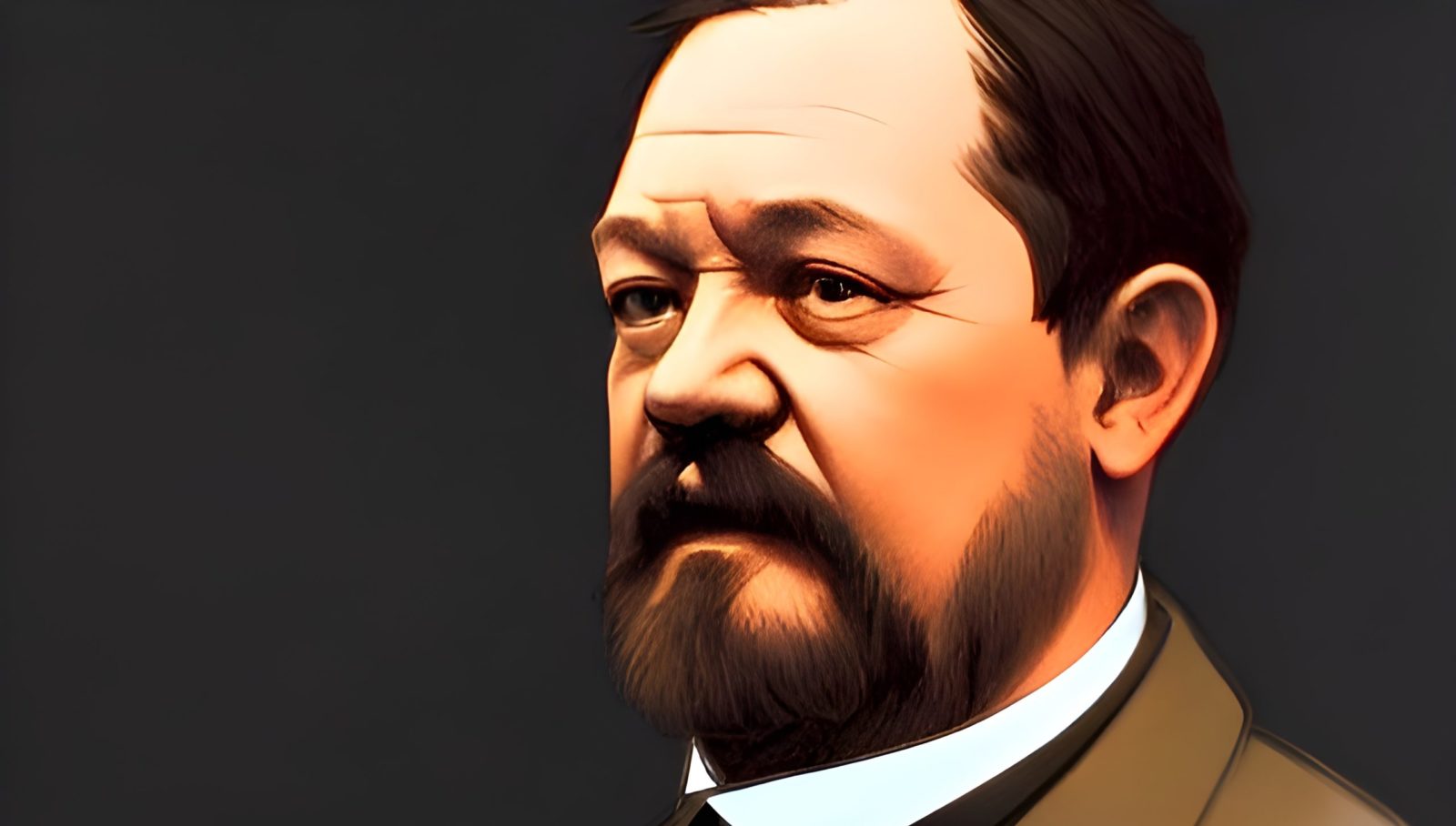
The 200th Birthday of Louis Pasteur: A Man of Science and Faith
December 27, 2022 marks the 200th anniversary of the birth of Louis Pasteur, the French scientist whose scientific breakthroughs have saved millions of lives, and whose work on microbes sounded the death knell of the idea of spontaneous generation. On this episode of ID the Future, biologist Ann Gauger walks listeners through the triumphs, flaws, and tragedies in the life of this extraordinary individual. In the nineteenth century, it was widely believed that the spontaneous generation of life from non-life was common and unremarkable, since it was thought that spontaneous generation of worms, mold, and other life forms occurred all the time in rotting meat and dirty rags. Pasteur constructed an experiment demonstrating that these “spontaneously” arising worms and such in fact sprang from microorganisms contained in the dust of the air. In this way Pasteur lent decisive support to the view summarized in the Latin phrase, “Omne vivum ex vivo”—all life is from life. This is sometimes referred to as the law of biogenesis and holds that organisms do not spontaneously arise in nature from non-life. Thanks in no small part to Pasteur’s work in this area, the origin of the first life on Earth came to be seen as a powerful mystery for scientists committed to the chance origin of the first life, a mystery deepened by discoveries in the twentieth and twenty-first centuries showing that even the simplest single-celled life is vastly more sophisticated than even our most advanced manmade factories. There is so much more to the fascinating life and work of Louis Pasteur, from his pioneering and life-saving work on vaccines and the special relationship he had with his wife to his Christian faith that bore him up through the death of three of his children. Tune in to learn more about this complex man of science and faith.

Jay Richards on the Art of Answering Theistic Evolutionists
On today’s ID the Future, philosopher Jay Richards offers advices on engaging with evolutionists over the issues of origins, evolution, and intelligent design. In his conversation with host Casey Luskin, he says that if someone tells you he’s a theistic evolutionist, first find out what he means by theism and evolution. The latter term, in particular, can have widely varying meanings, and the average lay persons who see themselves as theistic evolutionists likely see God as actively and creatively working in the history of life to steer evolutionary outcomes, including the origin of humanity. What they may not realize is that such a view takes them well outside the bounds of what academic theistic evolutionists generally mean by the term evolution, particularly those theistic evolutionists who publicly defend evolutionary theory generally. Richards says that these academics hold to an internally incoherent view in many cases, and he encourages intelligent design proponents to surface that incoherence whenever the opportunity arises. For those who are willing to consider the evidence for intelligent design, Richards lists what he sees as the most rhetorically effective lines of evidence to present to people. The occasion for the conversation is Richards’ two chapters in the recently released Harvest House anthology, The Comprehensive Guide to Science and Faith.

John Bloom on the Match that Lit the Scientific Revolution
On today’s ID the Future Biola University physicist John Bloom discusses his chapter in the recent anthology The Comprehensive Guide to Science and Faith, co-edited by host Casey Luskin. Bloom’s focus in his contributed chapter is the pivotal role of Christianity in the rise of science. Bloom, the academic director of Biola’s master’s program in science and religion, draws on his PhD training in physics but also on his PhD in ancient Near Eastern studies and his study of the history of science. Here he argues that while the Babylonians and Greeks contributed some discoveries and insights that would eventually play into the rise of science, science did not take off, was not born, until a cluster of crucial ideas drawn from the Judeo-Christian worldview infused Western thought. Only then did astrology become astronomy, alchemy chemistry, and the great adventure of scientific discovery begin in earnest. Tune in as Bloom and Luskin discuss the ancient predecessors of science and some of the key founders of science, including Copernicus, Galileo, Kepler, and Bacon, along with crucial ideas drawn from the Judeo-Christian worldview that lit the match. And find your copy of The Comprehensive Guide to Science and Faith here.
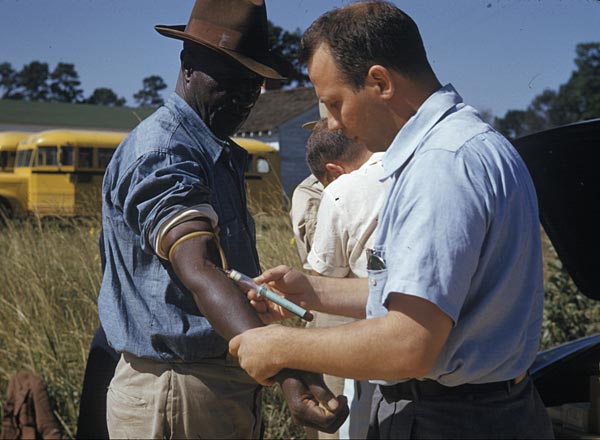
Richard Weikart on Scientific Racism and the War on Humanity
Today’s ID the Future again spotlights The Comprehensive Guide to Science and Faith. Historian Richard Weikart and host Casey Luskin discuss Weikart’s contribution to the new anthology, his essay “How Evil Has Been Done in the Name of Science.” As Weikart explains, over the past century and a half, science has been misused to fuel racist policies and undermine human rights. Darwinian ideas helped lay the groundwork for Nazi ideology in Germany. And we shouldn’t imagine the problem was restricted to Nazi Germany. Scientific racism also reared its head in the United States, including in the long-running and infamous Tuskegee syphilis experiment. More broadly, a marriage of scientism and evolutionary thinking continues to undermine the idea of inherent human worth and dignity, Weikart notes, even among thinkers who likely would reject scientific racism.

Science and Faith: Stephen Meyer on the Marc Bernier Show
On today’s ID the Future, listen to host Marc Bernier ask Stephen Meyer perceptive and wide-ranging questions about everything from the possibility of extraterrestrials, to the role of intelligent design in medicine and education, to meaning and the reliability of the mind. The discussion also turns to Meyer’s bestselling new book, Return of the God Hypothesis, and the reconciliation of science and faith. At one point Bernier asks Meyer about the statement, “The heart cannot exalt what the mind rejects,” and in reply Meyer talks about his personal experience grappling with the relationship between science and faith, and tells about a warning he used to give college students in a class he taught. This interview originally appeared on The Marc Bernier Show and is reposted here with permission.
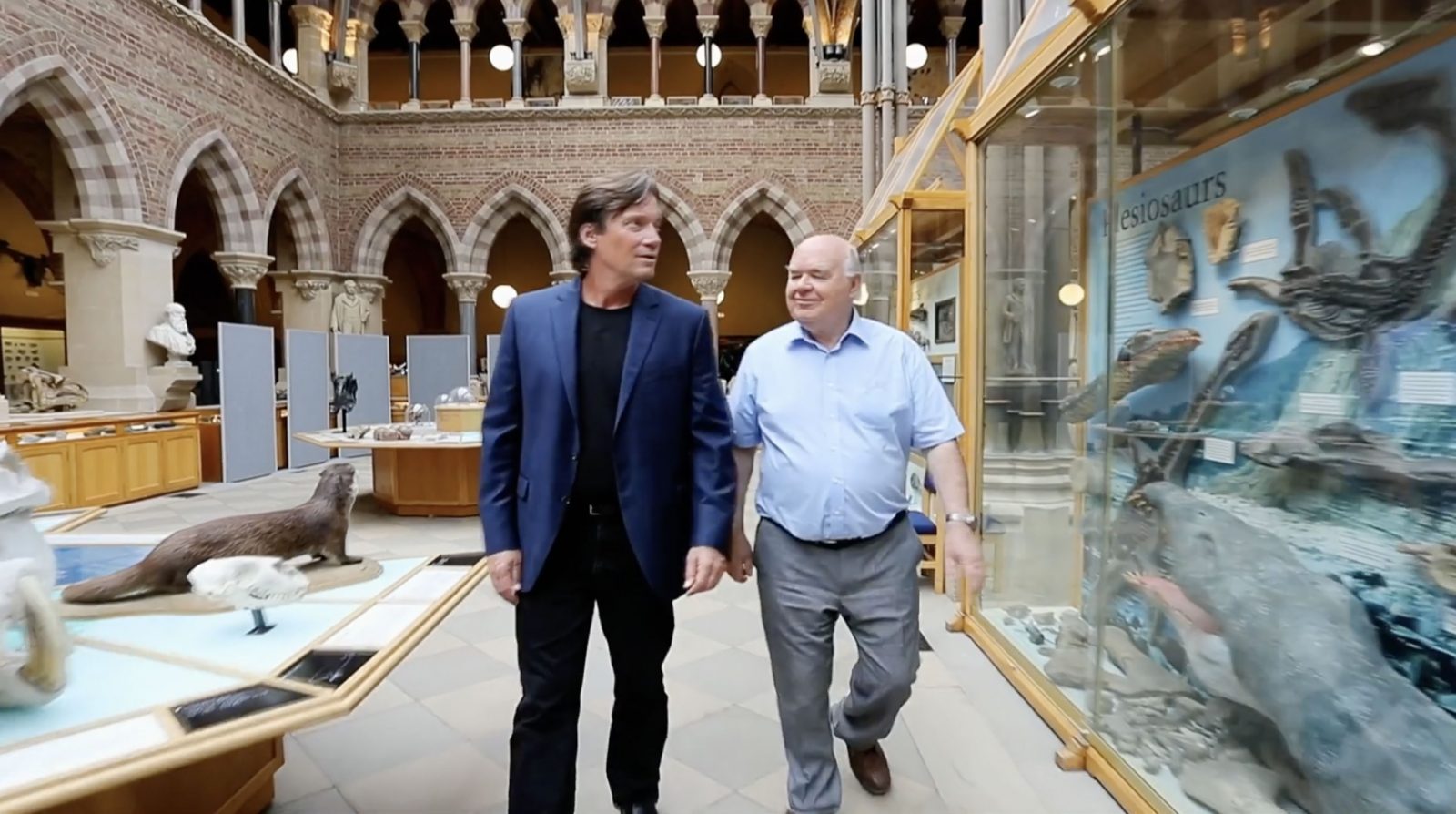
John Lennox Against the Tide of Atheism
On this ID the Future, John Lennox tells about discovering the damage atheism does to people, by seeing it firsthand in communist Eastern Europe and the former Soviet Union, and seeing what it does to rationality itself. In his continuing conversation with host and philosopher of science Stephen Meyer, Lennox relates how in his interactions with famous religiously skeptical scientists, he emphasizes that the Judeo-Christian worldview did much to give us science. When skeptical scientists ask the Oxford mathematician and philosopher how Christianity could have anything to say to science, Lennox is ready with an answer. This is the second part of a three-part conversation in which Lennox discusses his new documentary, Against the Tide, filmed with actor and host Kevin Sorbo.